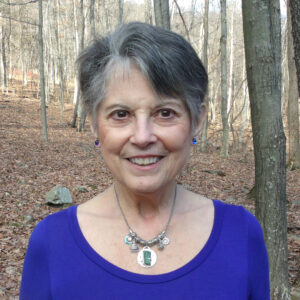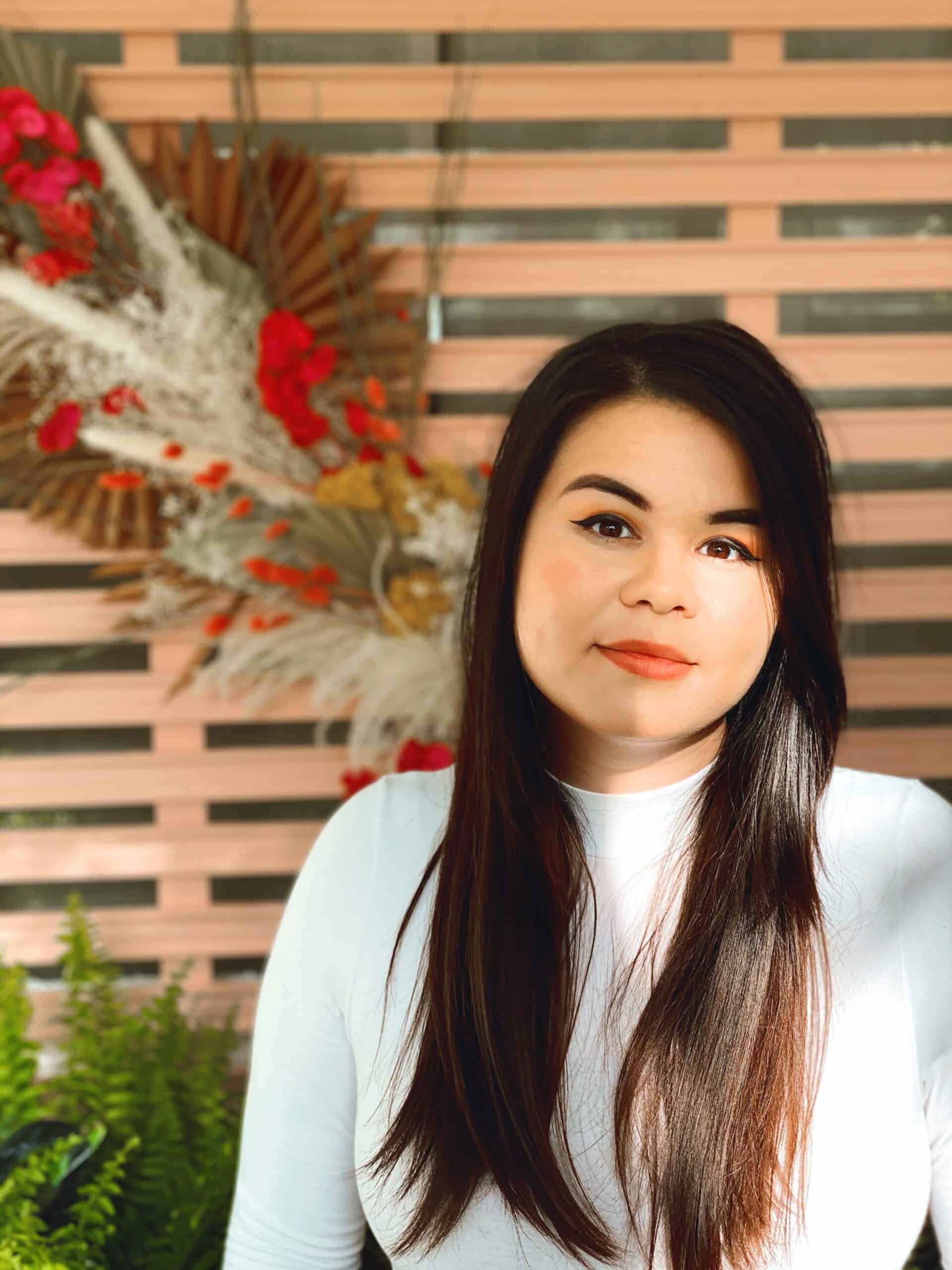Dr. Andrea Merrill, a dedicated surgeon and gifted writer, shares her journey of intertwining the worlds of medicine and narrative storytelling. Inspired by influential figures like Dr. Atul Gawande, Dr. Merrill has turned her profound experiences in the operating room into compelling essays that resonate with readers both inside and outside the medical community. Her writing, born from a blend of professional development and personal reflection, not only serves as a therapeutic outlet but also bridges the gap between doctors and patients by humanizing the practice of medicine. Through her thoughtful narratives, Dr. Merrill inspires others to find their voice and contribute to the rich tapestry of narrative medicine.
What inspired you to start writing narrative medicine essays?
My desire to write about medicine was definitely inspired by Dr. Atul Gawande, a fellow surgeon. His books were some of the first I had read about surgery that were not a textbook. I loved how he could ask such insightful questions through his experiences of a surgeon and I always dreamed of being able to do something similar in the future. I used to read portions of his book “Complications” before every medical school and residency interview to get me into the right mindset; that book was almost my good luck charm.
During my surgical residency, I fortunate to work at the New England Journal of Medicine as an editorial fellow, and it was there that I started dabbling in narrative medicine essays. Most of the essays I wrote then were in the form of a blog post about recently published studies in NEJM. I tried to be creative with the blog posts by incorporating storytelling to make the studies more relatable and engaging. I would add in a brief patient vignette or a personal story of my training to add a human interest touch to the post. To me, storytelling is an important part of medicine. One of my favorite parts of being a doctor is getting to know my patients and their stories. Similarly, as doctors we have our own stories of how we got to where we are, of our failures, and our successes. I think sharing these stories helps to connect us and helps us understand each other more.
The final push to get me writing more regularly was a professional development course at took through my job at Boston University on narrative writing. I was in a place in my career where I felt I had a voice and experiences I wanted to share with others. This course helped me develop more of a regular writing practice and gave me a framework to approach narrative writing. After publishing my first narrative medicine essay, I’ve been motivated to continue writing, taking classes, and publishing.
How do you balance your career in medicine with your passion for writing?
As a surgeon, I am very busy and work long hours. Outside of clinic and the operating room, I also have many other work-related obligations like society committees, mentoring and teaching, and research. It can be very hard to balance work as a surgeon, my home life, and writing. Sometimes it can be very challenging to find the time, energy, and motivation to write. I have found that taking writing classes (often non-medical themed) and joining a writing group have been instrumental in motivating me to continue to write.

How has writing about your experiences in medicine impacted your mental health and well-being?
Writing has been very therapeutic for me. I don’t like keeping a true journal but writing narrative essays is my own version journaling. After my first patient died as an attending surgeon, I wrote about the experience to help process it and grieve. When I experienced a very challenging situation at work, I wrote about it to get out some of my feelings. Neither of these essays have been published yet (and may never be published), but for now they serve as a form of catharsis for me. Even though my writing is related to my job, it feels different than working and allows me to take a step back and really reflect on emotions. That first narrative writing course I took, truly felt like a version of therapy and allowed my mind to relax and reset.
Can you describe a moment when your writing made a significant impact on a reader or colleague?
One of my favorite aspects of narrative writing is the potential impact it can have on others. No one has ever reached out to me about a research study I published to tell me it moved them. But, I have had many people reach out to me about my essays. Some have told me it made them feel less alone. Others appreciated me voicing their same thoughts out loud and written to tell me they feel the same way. Several have told me they used my essay in a humanities course with students or residents. I think that this is the power of writing and storytelling.
What advice would you give to other physicians who are considering sharing their own stories?
Share them!!! We need more physical voices in the world! A great approach is to read what other physicians have written already. I find this both inspires me and helps guide my ideas. If you are newer to writing, take a class. It does not have to be medical related. Be open to feedback- some of the harshest criticism I’ve gotten on essays has helped me the most. Writing is more of a journey then a race to finish the perfect piece. Finally, don’t be discouraged by rejections- it is very subjective. I was super excited after my first 2 pieces were immediately accepted. But the next essay I wrote has been rejected four times! But I am (trying) to use those rejections to help me make it better.

How do you deal with vulnerability and the fear of judgment when writing about personal experiences?
This is one of the more challenging aspects of writing. My writing style is to be honest and vulnerable which can certainly invite criticism. I also worry that patients will read my essays and not want me as their doctor. For example, the first narrative essay I wrote was about the anxiety I had when I first became an attending surgeon. A patient might read that and feel uncomfortable with me as their surgeon. Another essay focused on religion and might not sit well with patients who have a very strong faith in God compared to me. I do have non-medical writing partners who I run a lot of these essays by. My mom is also one of my best editors and is very honest when she thinks I shouldn’t write something-although I don’t always agree with her! I have been pretty lucky to mostly get positive reception for my writing to date. Every so often there is a negative comment and I generally just try to ignore them.
How do you think narrative medicine can help bridge the gap between doctors and patients?
I think narrative medicine can help bridge the gap by humanizing both doctors and patients. There often seems to be this wall between doctors and patients- like we are two completely different types of people. But we are all just humans with very real and human experiences. Sharing these stories serves to equalize us as people who have feelings and struggles in similar ways. I hope that by writing about my experiences and patient’s experiences, I can help at least lower that wall.
What role do you believe social media plays in your ability to connect with others through your writing?
I have used social media, mostly X, to share my essays and get them out into the world. I do think it has helped me get a wider audience and several have even reached out to me after seeing my social media post.
Can you share a particularly memorable reaction to one of your essays?
After I published my essay “Finding Faith Through Listening” in JAMA, a retired rheumatologist reached out to me because he enjoyed the essay. I wrote back and we have now been corresponding for almost a year! He has become somewhat of a mentor to me and has even given me feedback on other essays. It is truly amazing the connections we can make through sharing our voice.
What advice do you have for women in medicine who are struggling to find their voice?
Unfortunately, it is still challenging for women to have a voice in medicine and the world. That is part about what is so great about writing- it is a way to share your voice without being talked over. At the same time, we often face harsher criticism when we share our voice. If you are struggling to find your voice or figuring out what to write, talk to others and read other women writers. I guarantee you are not the only one who feels this way.
What are your long-term goals for your writing and potential book?
I would love to be able to turn my essays into a memoir style book about my early career as a female surgeon, similar to Dr. Suzanne Koven who wrote “Letter to a Young Female Physician”. She is another one of my writing idols! I am continuing to work on essays and hope to have enough material to put together a book proposal soon!
https://www.scrubbedoutsurgeon.com






